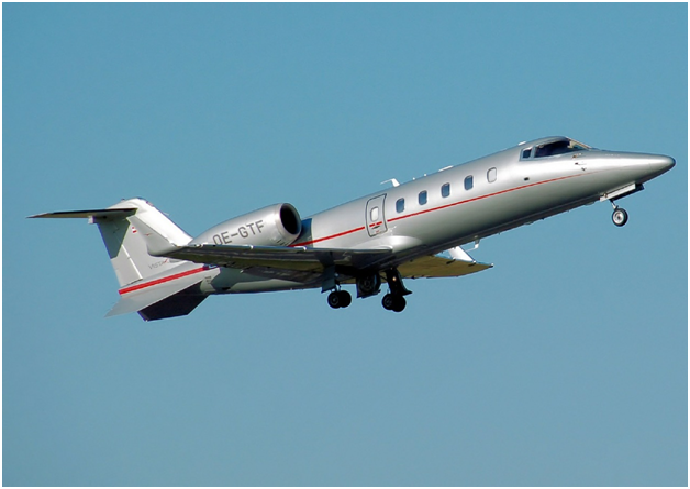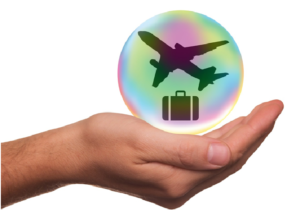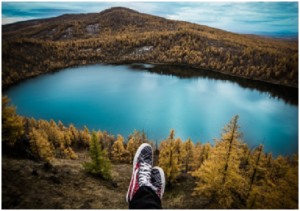With today’s technological trends, phones, laptops and other digital gadgets are the best devices to store once information. If you lose your phone, it simply means that your private life is no longer private. This gets even worst when you are traveling, and your phone gets seized. Other people prefer traveling without their phones and other gadgets just to secure their privacy. However, this may not be the same case for everyone. Especially if you are traveling to a new environment and you need your phone to connect with friends and family.
The excitement of traveling abroad is very overwhelming. Having the chance to peruse through a new environment and have a different exposure is enticing. However, there are times when all this gets to a standstill. When you realize your privacy is not protected from the outside world. Protecting your private life and individuality is very essential. Your privacy is what defines who you are. When it gets exposed, your life gets at an immediate risk. Therefore, this should not be the case for you. Here are four simple ways to protect your privacy and keep safe while on a foreign land.
1. Keep important documents close
Misplacing a purse or wallet is common. Either most people have all their important documents in their wallets or purse and when you lose that, all your private life and safety is gone. In such cases, it’s good to ensure that you have made copies of everything including your passport, credit cards, driver’s license and other important documents. Once you have your copies, keep them locked in the keep safe Photo Vault on your Android or iOS.
2. Minimize your apps
When traveling, it’s always good to ensure that you don’t have any sensitive apps on your devices. This is to avoid getting your personal information shared by others. When your phone is seized, you will have to at times share your pin codes to unlock various apps on your device. Instead of having a hard time trying to secure important things, it would be more profitable if you delete apps that you would want to safe. you should not be worried, most apps have accounts to login, therefore, once you re-install, you will recover your account with all the details therein. additionally, you can activate travel mode on your phone and use a password manager to know which apps are safe while travelling.
3. Find secure connections
When traveling, getting online through free WiFi hotspots is more likely. Therefore, when you login, you should ensure that your network connection hides your IP and encrypts your browsing to keep you private. Such connections, keep you free to browse and surf the internet while you are in your business without fear eavesdroppers listening. Additionally, every time you log into your email and other private accounts using internet café or hotel networks, it is good to ensure that you logout every time before you leave the spot to avoid any other person getting access to your information or worst impersonate you.
4. Invest in your trip
Another important way to ensure that your privacy is safe is by putting more for the trip. Consider using the service of private jet. With a private jet, you are sure that all your belongings are secure from the outside world. These jets will thrive to give you the best to bring you back the next time you are traveling. With private jet hire, all your network connections are secured and you can go freely through the internet without any outward pressure.
Conclusion
With all these measures in place, you should always ensure that you protect yourself when on the streets. Keep your valuables safe and locked, scan around your surrounding every time you are flashing out cash from your wallets or purse. Take full precautions of what is happening around you. Protect your individuality with all you might to ensure you are not embarrassed when you come back home. Alternatively, you can lower your standards for a short term by traveling with low-end devices to make basic calls and random internet connections. This way, you will minimize the risks of compromising your privacy in case the device is stolen.



